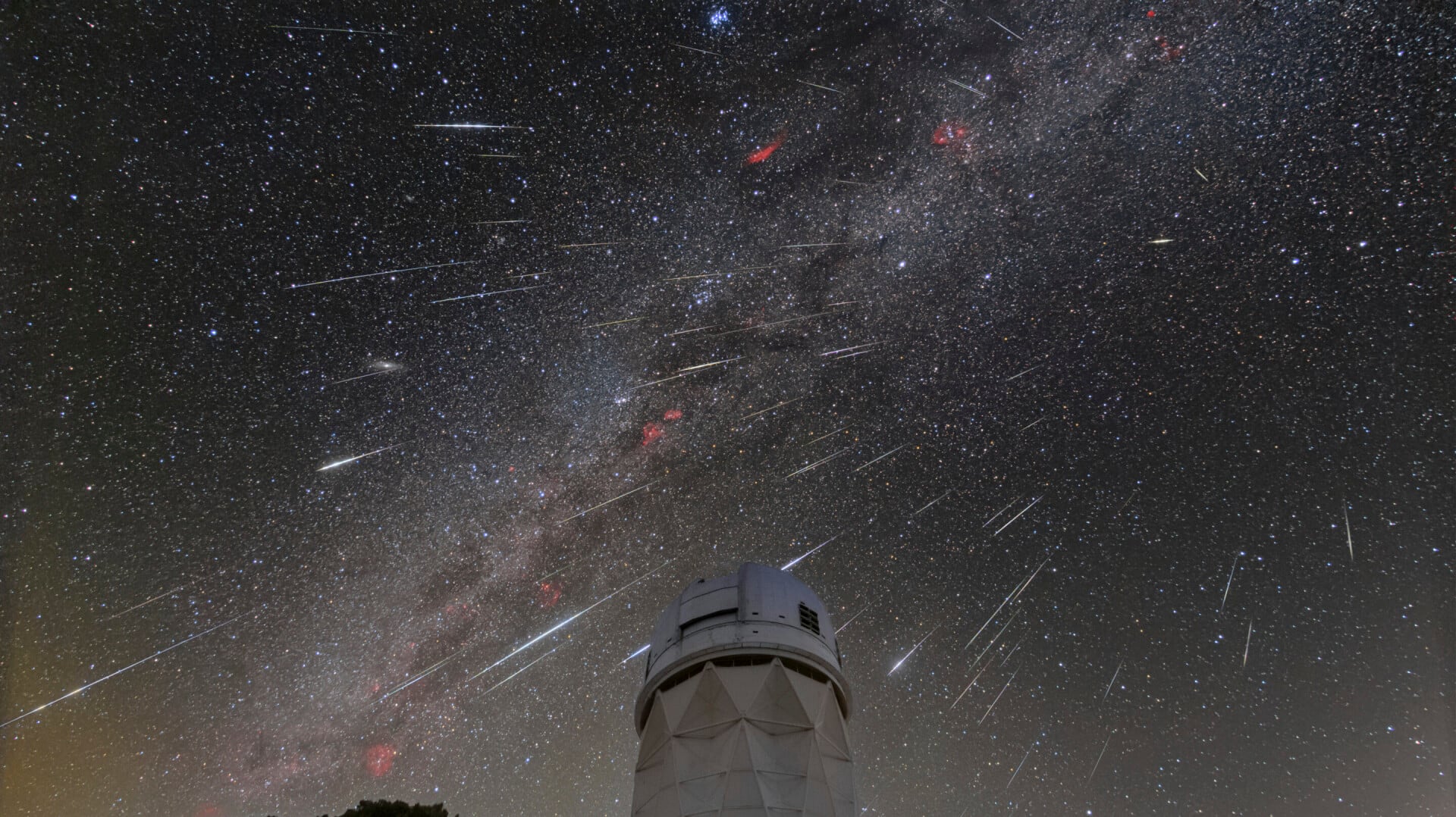Dark Energy Theory Under Challenge: New Research Suggests Its Expansion Rate May Not Be Constant

A groundbreaking study published by the Dark Energy Spectroscopic Instrument (DESI) collaboration has sent shockwaves through the scientific community, casting doubt on our long-held understanding of dark energy. The team, comprising over 900 international scientists, claims that the universe's expansion rate and the force driving it may not be constant as previously thought.
According to the team's analysis of galaxy clusters, dark energy could be changing or weakening over time. This revelation has significant implications for cosmological models and our current understanding of the universe.
The findings align with Einstein's predictions but are still speculative, requiring further data for confirmation. "It's a tantalizing result, but we're far from conclusive," said Robert Caldwell, a physicist at Dartmouth College. Mustapha Ishak-Boushaki, a cosmologist at the University of Texas at Dallas, who worked on the research, expressed similar sentiments, stating that he was surprised by the unexpected results.
The DESI collaboration's ambitious 3D map of the universe is expected to shed more light on dark energy and its evolution. The project uses telescopes in Arizona to track how galaxies have clustered over time and space, providing valuable insights into the mysterious force known as dark energy.
If the data collected supports these findings, it could mean that our understanding of dark energy needs a radical shift. It's a potential "time of great excitement and also some head-scratching and confusion," according to Bhuvnesh Jain, a cosmologist at the University of Pennsylvania.
For now, more research is needed to determine whether dark energy's expansion rate is indeed variable or constant.
